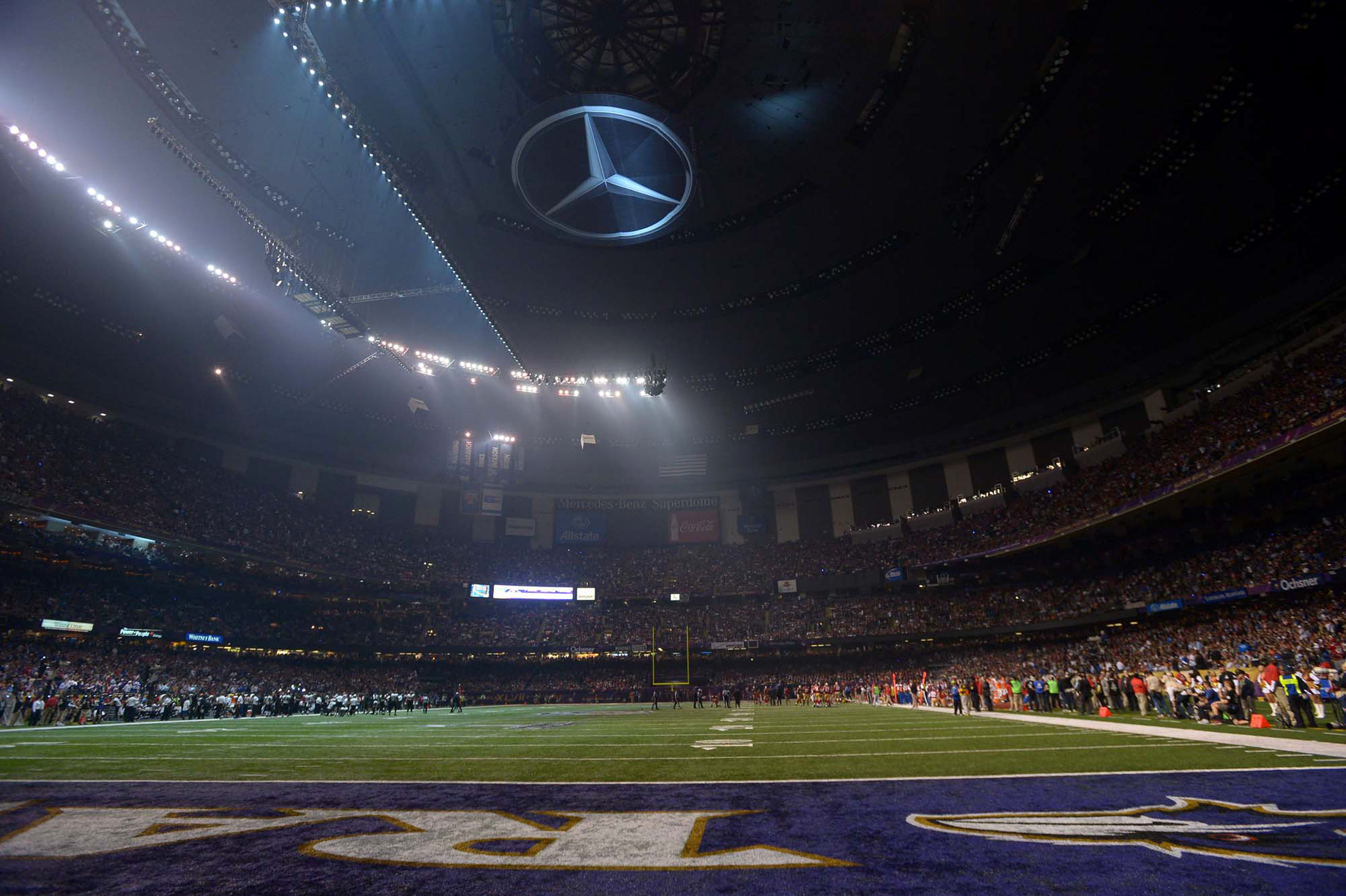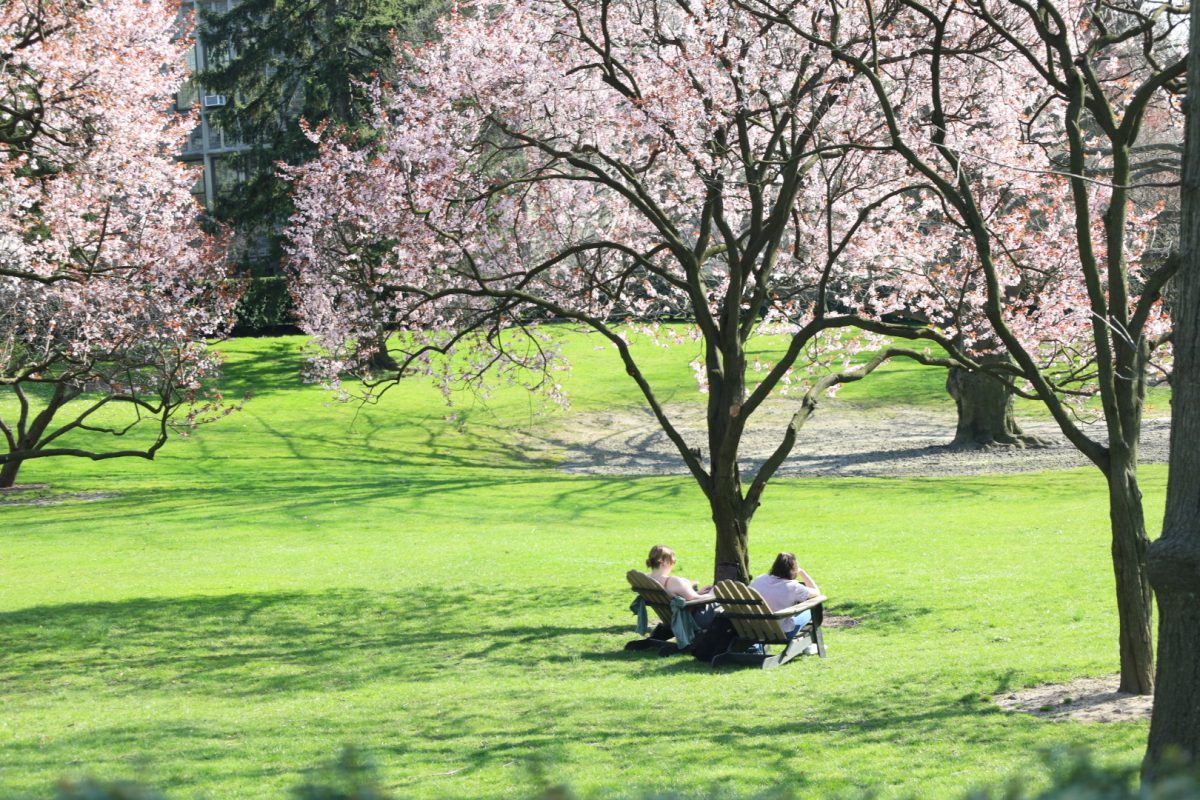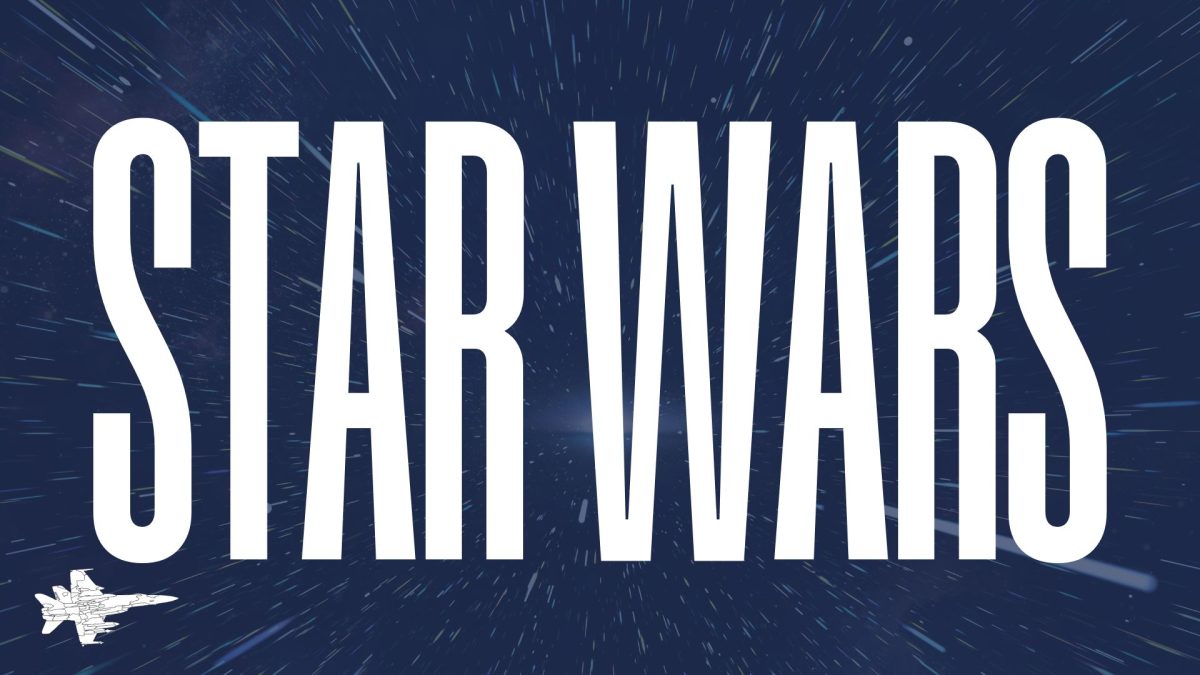By Joe Vitale

There are plenty of things to look forward to every Super Bowl: the game, the food, the viewing parties, the commercials. It is certainly a strong, unmoving American tradition. But, beyond the football, the Super Bowl is also a display of something much more relevant: American culture in its current state. And, with a viewing audience of over 108.4 million people, Super Bowl XLVII played host to a plethora of contemporary issues on an immensely broad scale. These issues include our energy situation, our advertisement fascination, our Beyoncé obsession and our social media addiction. The variety and the intensity of these issues are American alone.
With great reason, the most discussed has been the mid-game blackout the Mercedes-Benz Superdome experienced, which ultimately delayed the game for just over a half hour. The power outage, which followed a kickoff return by the Baltimore Ravens, giving the team a 28-6 lead early in the second half, was caused by an “abnormality in the system” sensed by an electrical-load monitor. In a statement released by the arena’s management and Entergy, the stadium’s energy supplier, the monitor proceeded to shut down and half of the stadium was left without lighting.
While many television viewers became antsy for action to resume, the energy in the crowd remained. All of the fans kept their spirits high as they began a stadium-wide wave. An onslaught of dramatic images were snapped of the partly darkened stadium, which is how most of us will remember this year’s game.
The mayor of New Orleans remained optimistic though, reminding his Twitter followers of the successful week that proceeded the Super Bowl game.
“In the coming days, I expect a full after-action report from all parties involved,” Mayor Mitch Landrieau said.
While questions remain, there are some certainties about the energy situation of New Orleans and the remainder of America: There are plenty of improvements to make in the nation’s energy infrastructure.

“I think any of you who watched the Super Bowl last night know that energy is not only good, it’s necessary. And whether it’s keeping the lights on so that we can enjoy the game or whether it’s keeping the lights on so that we can work, this is essential to who we are as a prosperous nation,” Sen. Lisa Murkowski, a ranking officer on energy, said at a press conference the following day.
Murkowski, a member on the Senate Energy and Natural Resources Committee, used the event to springboard her new plan. The outage may be rooted in the same reasons why, in 2009, the United States received a D+ from The American Society of Civil Engineers. The same goes for why the U.S. is also ranked 33rd by the World Economic Forum in terms of quality of electricity supply.
The issue is not one that has escaped the minds of proponents of energy reform in the country. Many argue a new plan for energy reform can spur job growth and improve the country’s private sector. President Obama has also spoken about the issue in his State of the Union address last year. He argued that much of America’s parts require rethinking, redesigning and rebuilding. Supporters of this plan eagerly await his next step in making his plans to come to fruition.
There was, of course, some jovial humor on social media websites like Twitter that brought light to the outage.
“We have traced a call from a phone on the 49er sideline to Buffalo Wild Wings,” tweeted retired NFL star Deion Sanders.
“Investigation confirms not even Bane’s power outage attempt can save the 49ers,” tweeted one user with the handle “@TheBatman.
“Whatever. Who hasn’t blacked out in New Orleans,” tweeted another.
The broadcast, which drew the third most viewers of any Super Bowl, was a platform for more than just tweeting about the blackout. Among reactions to advertisements (which ran for four million dollars per 30 seconds), Beyonce’s memorable half time performance, the power outage and, of course, the game, the event invaded the social media outlet at an astounding rate. According to Twitter, there were over 24.1 million tweets throughout the game. The rate peaked at the end of Beyonce’s performance, with 268,000 tweets-per-minute. The excessive tweeting surpassed the rate during the Presidential Inauguration last month.
Moreover, in terms of tweeting, Fordham students provided their fair share of commentary, with many students using both the dramatic and comedic approaches.
“CRYING CRYIGN OHMY GOD CRYING DESTIYINY’S CHILD OMYT GYMY GOD,” Jack Murray, FCRH ’16, tweeted.
“If you didn’t watch the Puppy Bowl during that outage you need to rethink your priorities,” Chester Baker, FCRH ’13, tweeted.
Even beyond the exciting game between the San Francisco 49ers and the Baltimore Ravens, what sports fans and culture enthusiasts are left talking about is ultimately more relevant than the strategy, the play calling and other intricacies of the game. Those things are happily left to football analysts.
What the rest of us are discussing speaks to what fascinates us in today’s fast-paced world of news. Our topics of discussion are not only appropriate but necessary in understanding what makes our society progress, for better and for worse.
What Super Bowl XLVII goes to show is that nobody knows what we will be tweeting about tomorrow, whether it is a blackout or a lights out performance. As long as we are still tweeting, we will all be OK.
Joe Vitale, FCRH ’16, is a political science major from Staten Island, NY.





































































































































































































